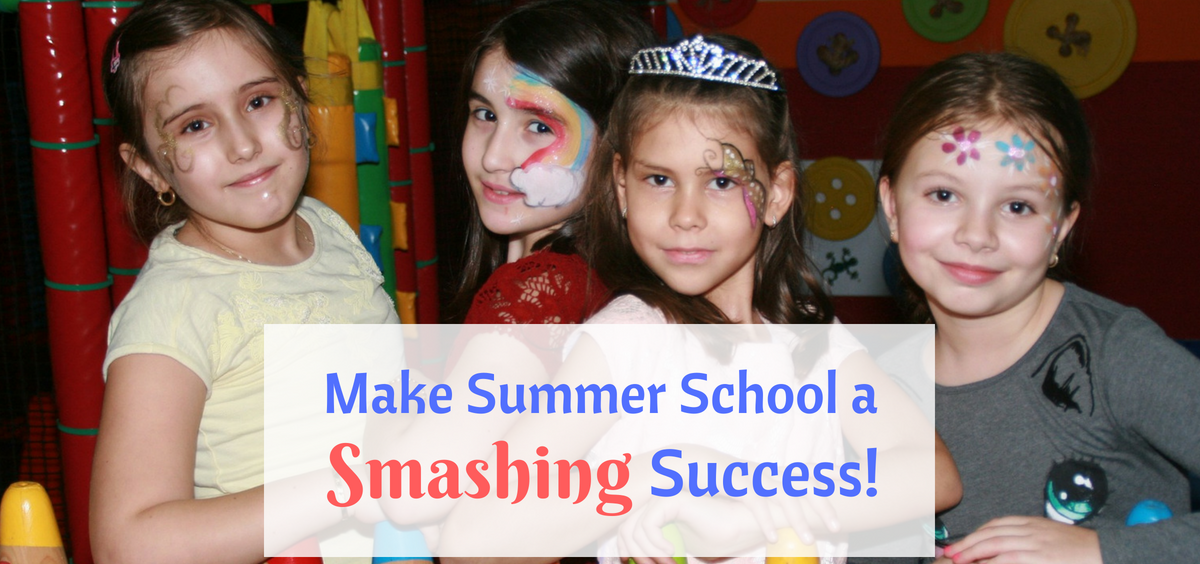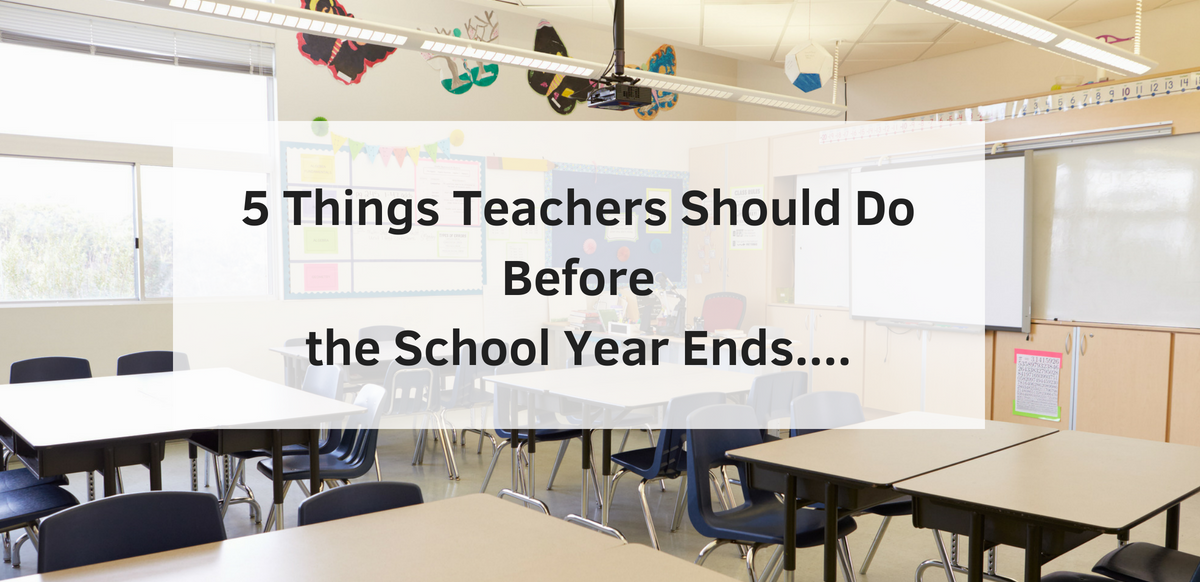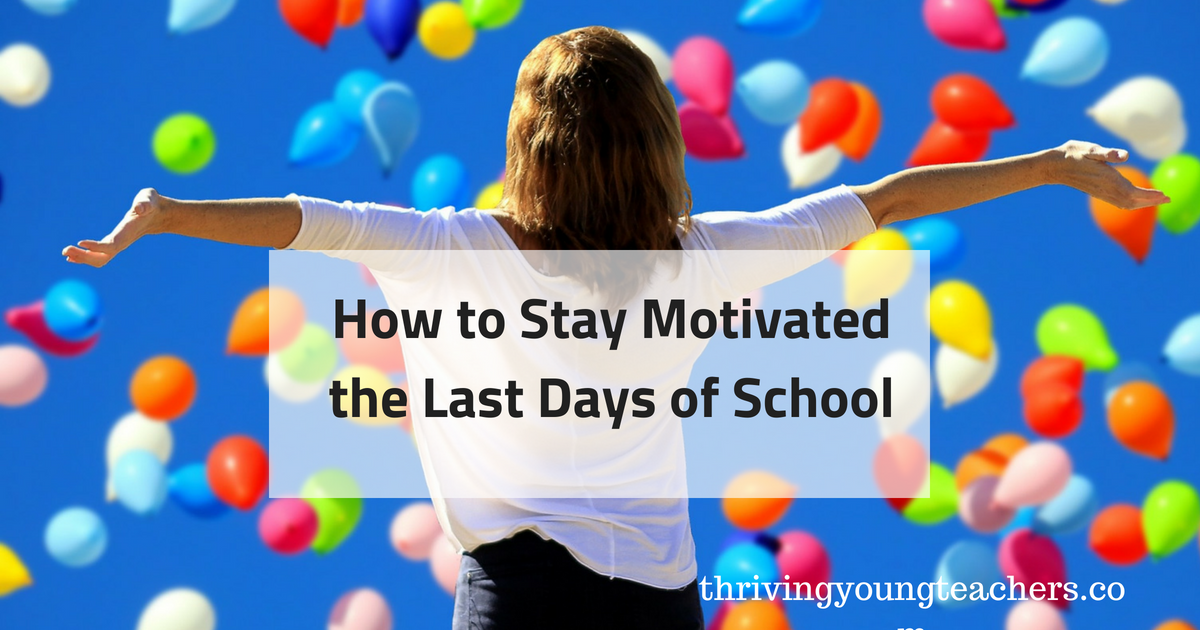 Are you planning to teach summer school? Are you looking for ideas to make your summer school experience a success?
Are you planning to teach summer school? Are you looking for ideas to make your summer school experience a success?
We recently received an e-mail from a teacher about to teach summer school for the first time.
“I am teaching 1st Grade remedial this summer and my district hasn’t provided me with any information on what I should teach. I don’t even know if I will have books for my kiddos to read. Do you have any tips for what I might do or what I could do to teach/revamp my kids math and literacy skills if I am not given materials?”
Another teacher asked, “I want to look forward to summer school, but I know the kids don’t want to be there. What can I do to teach skills but still make it fun?”
We have both been involved in summer school programs for many years and have some insight into what makes a good summer program. We thought we would share our ideas with you so that you can plan a fun and rewarding summer learning experience.
Make it your goal to make students LIKE learning and enjoy summer school.
Many times, kids in summer school don’t want to be there, but you can change their attitude by making it fun. Have a spirit of adventure and make your summer experience feel different from the regular school year. Helping students to fall in love with learning will increase their capacity for learning in all of their future educational experiences.
Start with a theme.
One way to make summer school fun is to have a theme. For example, we have used the theme “camping.” Put up a tent inside the classroom. Build a campfire ring with a circle of camping chairs. Sit around a “campfire” and read books. Give students flashlights and time to read silently in the tent. They think it is fun, you know they are practicing reading.
Plan age appropriate activities that connect to your theme. For example, attach magnets to index cards with sight words written on them. Put the words in a plastic child’s swimming pool. Let students use a magnet on a fishing pole to catch and then read the sight words. Or do the same activity with math facts.
Isn’t it more fun for children to attend “Reading Camp Adventure” than “Summer Remedial Reading?”
We’ve used many different themes over the years. Themes work whether students are six or sixteen, just vary the topic to meet the age and interests of students. We’ve used magic, the zoo, the beach, mystery and detectives, ghosts and the paranormal, Cookin’ and Bookin’, true crime, entrepreneurship and the history of our town. Most skills can be integrated into a theme and using a theme will help you tie things together in a fun way.
Use games to make learning fun.
Most board games can be adapted to teach a variety of skills. Trade out the cards in games like Candy Land or Monopoly and replace them will skill questions.
Many games, such as Balderdash, Memory, Uno, Taboo, Scrabble, Battleship and Chess teach skills such as vocabulary, cause and effect, predicting, math skills, strategizing and other critical thinking skills.
You made need to teach students how to play board games, and some students may need to learn cooperative skills such as taking turns or working together. As you teach them to play games, you will also be instilling life-long social and cooperative work skills.
If students are enjoying games, consider having a tournament. Many students are excited by competition and eager to show up the next day for the next round of the tournament.
Help students to enjoy reading.
The bottom line of educational research on reading is that the more students read, the better they read. If you want to improve students’ reading scores, get them to read more.
Get some high interest books and read aloud to them every day. Reading aloud is a great way to model vocabulary and comprehension strategies. Talk about the book as you read, stopping at natural points to ask a question or have students make a prediction. Many teachers struggle with the lack of time for reading to students on a daily basis during the school year. Summer, with a generally looser schedule, allows time for reading.
If you are teaching in a summer literacy program, build in time for students to read self-selected books. Help them choose the right books– it will make a difference. Give students time to talk about and share the books they are reading. Work on building a culture of reading. We recommend Nancie Atwell’s The Reading Zone (second edition) to help you understand how to motivate readers using self-selected books.
Summer is also a great time to read novels in small groups and then do related activities. We once read The Lemonade War with a group of 3-4th graders and they then created and sold lemonade at their own lemonade stand. They not only read, but practiced math, learned about marketing and wrote sales copy for their promotional signs. A group of sixth graders read The Wanderer by Sharon Creech and created their very own movie of the book- starting with writing the script, acting it out, video-taping and then editing their movie and adding music.
Consider using learning stations.
During the school year, especially if you are in a district with a scripted curriculum, it is sometimes difficult to find the time to incorporate learning stations. Students generally like stations and can become very involved in station work.
We recommend Literacy Work Stations by Debbie Diller for grades K-2 and Practice With Purpose for grades 3-6. Diller teaches you how to create stations that you can set up once and then work with for an entire summer or school year. We have used these station ideas successfully for years and we think it is the best $20. you will spend. She will show you how to set up and run great literacy stations, but we have also infused math and other subjects into our stations.
Learning stations are not just for younger students. For middle school and high school students, set up stations that involve viewing video, using on-line tools, researching, writing, and games.
Rotating students through stations allows for individual and small group work and gives students some much needed movement breaks. It also allows time for the teacher to work one-on-one with students who need extra help.
Have snack breaks and recess.
If you have students for more than an hour or so, include snack breaks. Talk to your district about providing money for simple, healthy snacks. Build in recess time too. Some of our favorite summer school memories include recess time where older students taught the little ones how to play kickball. We also enjoyed playing four square or jumping rope! Teachers need movement too.
Use local resources.
Most schools allow you to access school materials, but you might have to ask. Most public libraries will allow teachers to check out large amounts of materials for summer school. You may also be able to check out materials from a local cooperative educational resource center.
We also urge you to take advantage of all your community has to offer. Consider taking students to local historical societies or museums, which often have archives full of interesting materials for students to use.
Students can often walk to local businesses and you can arrange for tours. They can read and write about their experiences. Nursing homes are another great resource. They are often looking for “entertainment” and your summer classes’ plays, reader’s theater, and beginning band concerts are often welcomed. You can also engage in fascinating research projects by arranging for students to interview residents and write their stories. Students can add their own original research and illustrate their works before making them into books, which they can then share with the residents.
Be creative in finding ways to use your community. You can take students out into the community, but you can also bring community speakers in to your summer classroom. You will all be richer for the experience.
We hope you have rewarding and fun summer school experiences! We would love to hear what you have planned, let us know in the comment below.
Our best,





